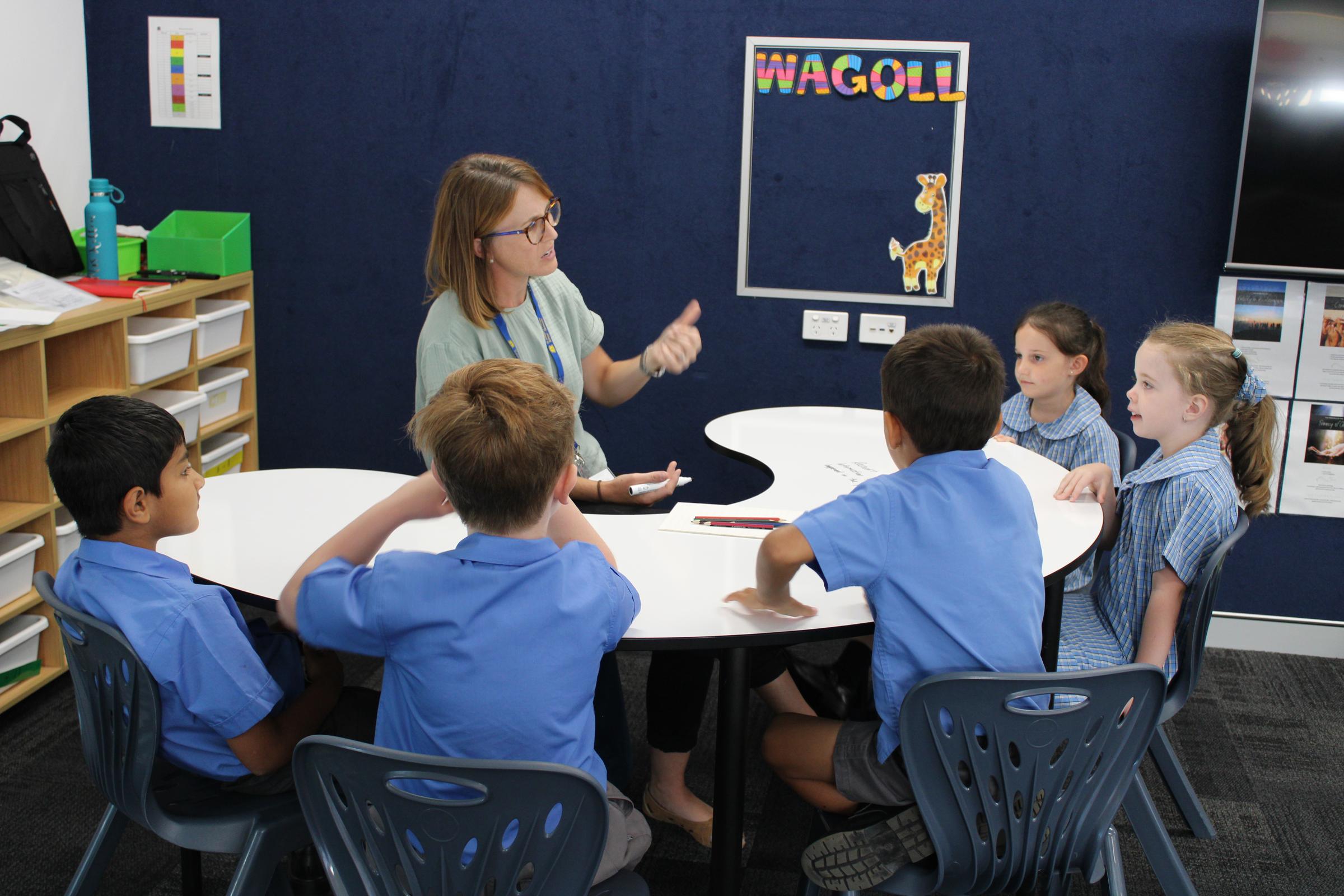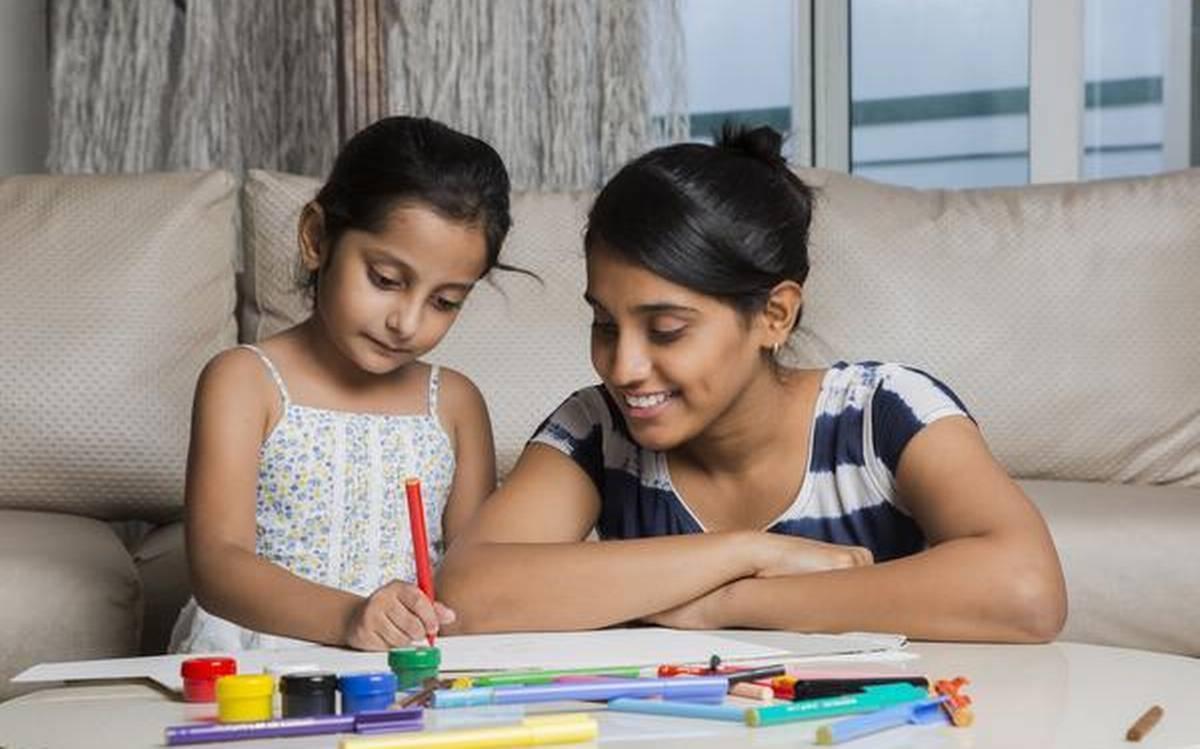
Student Support
Talk is Basic Children must talk - their thinking and talking are closely linked. In fact, prolonged silences delay their thinking.
Be willing to listen to what your child is saying. Model what a good listener does (eye contact, relevant responses, nodding) so that they will learn to do the same.
Create situations for conversations Watching and discussing an appropriate program; dinner-time talk; games; walks ... Don't forget the golden period between bath time and sleep time!
Encourage questions Children are good at this! However, it is important to give them clear, interesting answers. You don't always have to give them the answers, though. Instead, try, 'Let's look it up.' When you are asking the questions, try ones that require more than a 'yes', 'no' or 'I don't know' response.
Activities to Foster Talk
Play encourages children to learn how to move, think, manipulate, converse, relate to others ...
Indoor and outdoor play like board games, word games, dress-ups, family concerts or puppet shows, backyard cricket or any other adapted sport and games in the local park will provide plenty of talking opportunities.
Creator Space Have a space where your child can explore and create. They will want to know how to do something or solve a problem. Facilitate and discuss as you go. Of course they will be excited to show you and tell you all about their latest creation.
Go out together for walks, to a movie, a performance, a museum. Talk beforehand, along the way and afterwards.
Observe together Point out things, express opinions, show enthusiasm. Try lying together as you look up at the starry sky or seeing things in the passing clouds.
Take the time to really present for your child as much as possible and the talk will flow.




